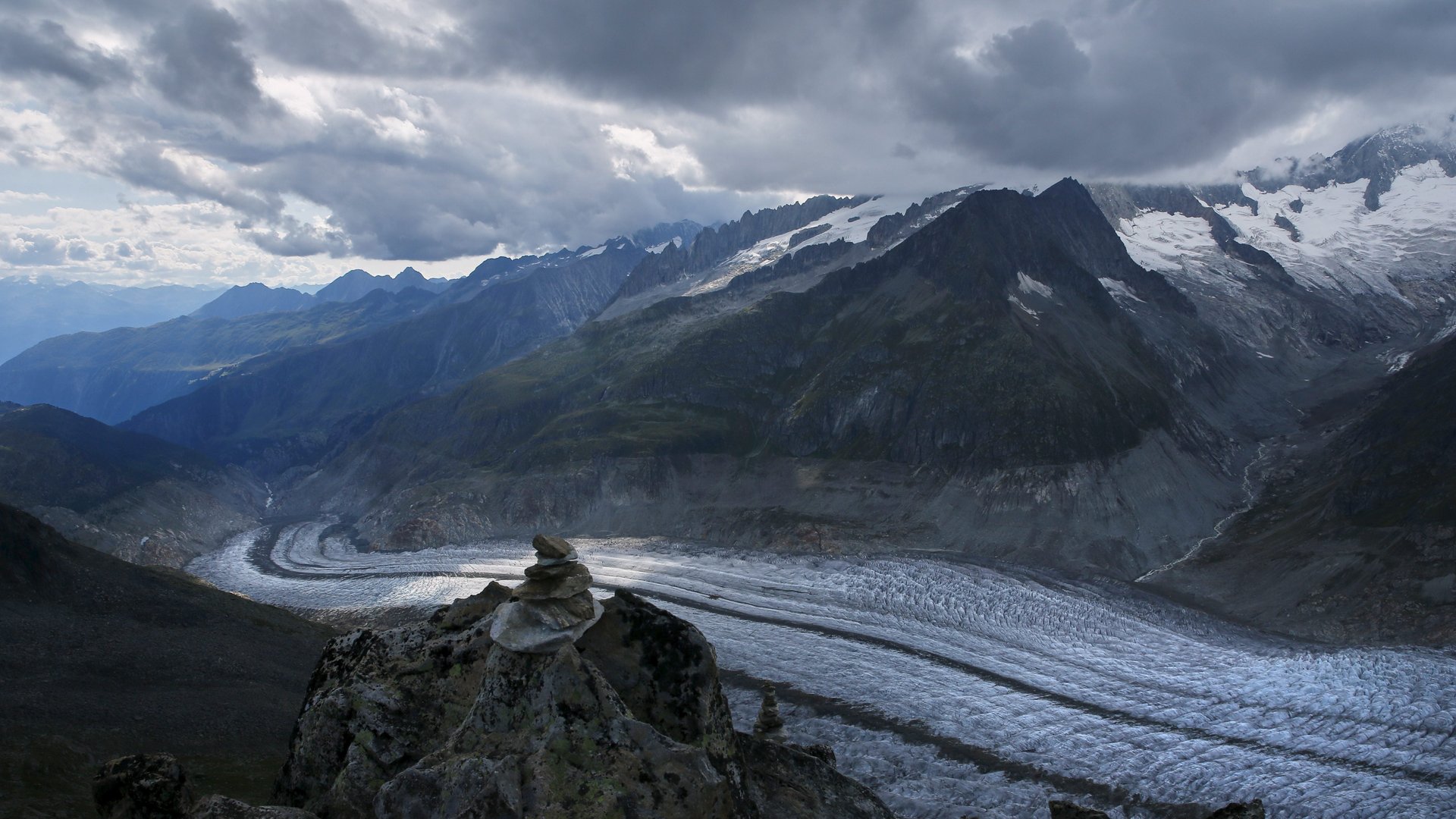The Alps could lose as much as 70% of snow cover by the end of the century
Bye bye, skiing holidays. A new study by researchers from the Institute for Snow and Avalanche Research (SLF) and at the CRYOS Laboratory at the École Polytechnique Fédérale in Switzerland has found that if global warming stays below 2°C, the Alps will lose 30% of their snow cover. But if it goes higher than 2°C—the target set by the 2015 Paris Agreement, which many think is already too optimistic—the snow loss could be up to 70%.


Bye bye, skiing holidays. A new study by researchers from the Institute for Snow and Avalanche Research (SLF) and at the CRYOS Laboratory at the École Polytechnique Fédérale in Switzerland has found that if global warming stays below 2°C, the Alps will lose 30% of their snow cover. But if it goes higher than 2°C—the target set by the 2015 Paris Agreement, which many think is already too optimistic—the snow loss could be up to 70%.
The researchers also warn that the Alpine winter, the period when snow is deep enough for winter sports, will get shorter. The ski season could start half a month or a month later than it currently does. Even at higher-altitude ski resorts, above 3,000 meters, snow depth could decrease by 40% by the end of the century if global warming isn’t limited to 2°C.
The researchers came to this stark conclusion after using meteorological data and different climate-change scenarios. They point out that tourism will greatly suffer from the shallower snow and shorter winters. In the long term, the disappearing Alpine glaciers will also affect the ecology, water irrigation, and power production of the surrounding area.
The findings follow the driest December in Switzerland since record-taking began in 1864. The Alpine nation recorded only two millimeters (0.08 inches) of rainfall in December; the average for December is 90 millimeters. Switzerland also reported its warmest December, ending 2015 at 3.4 °C above its long-term historical average for the month.